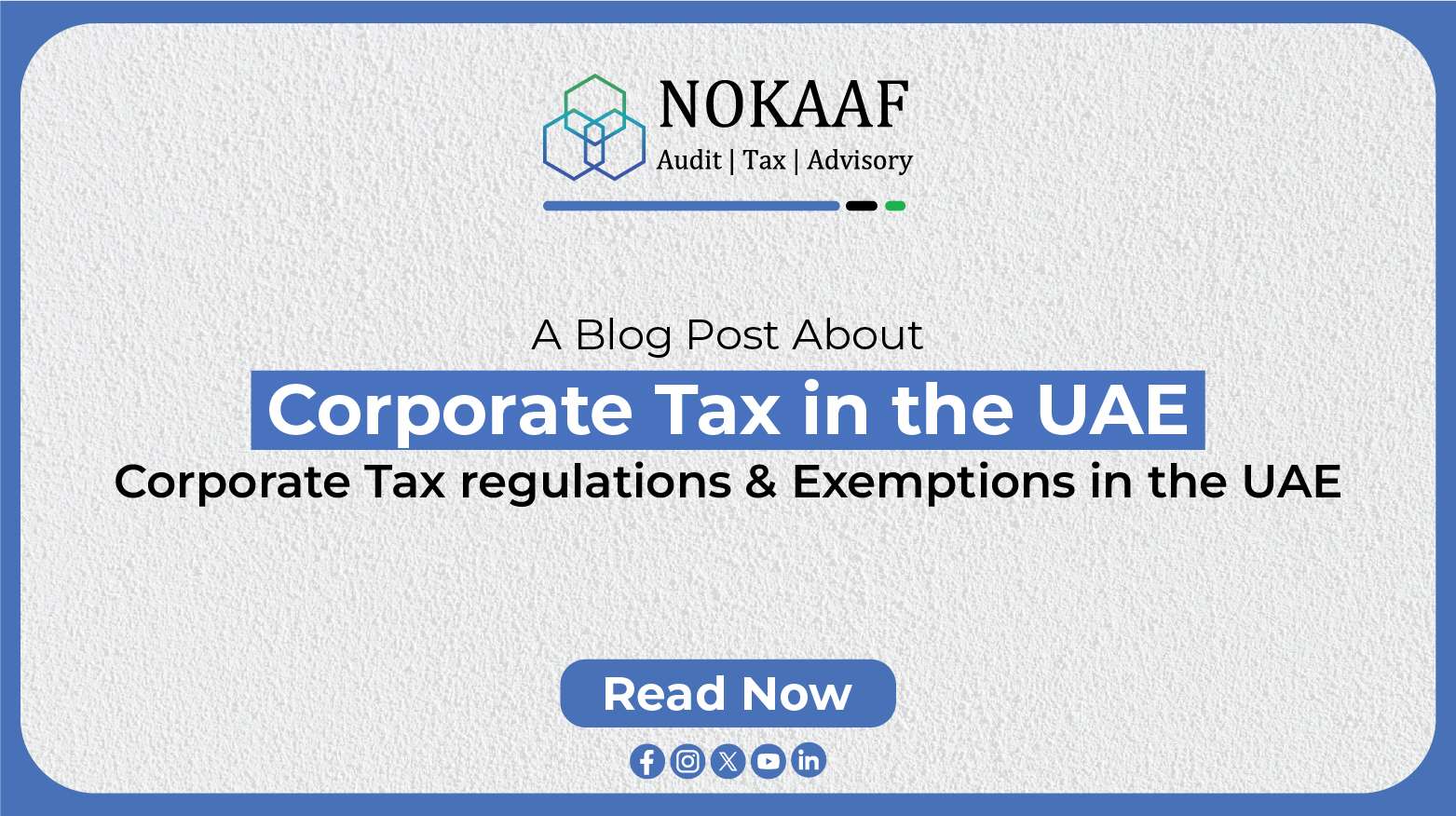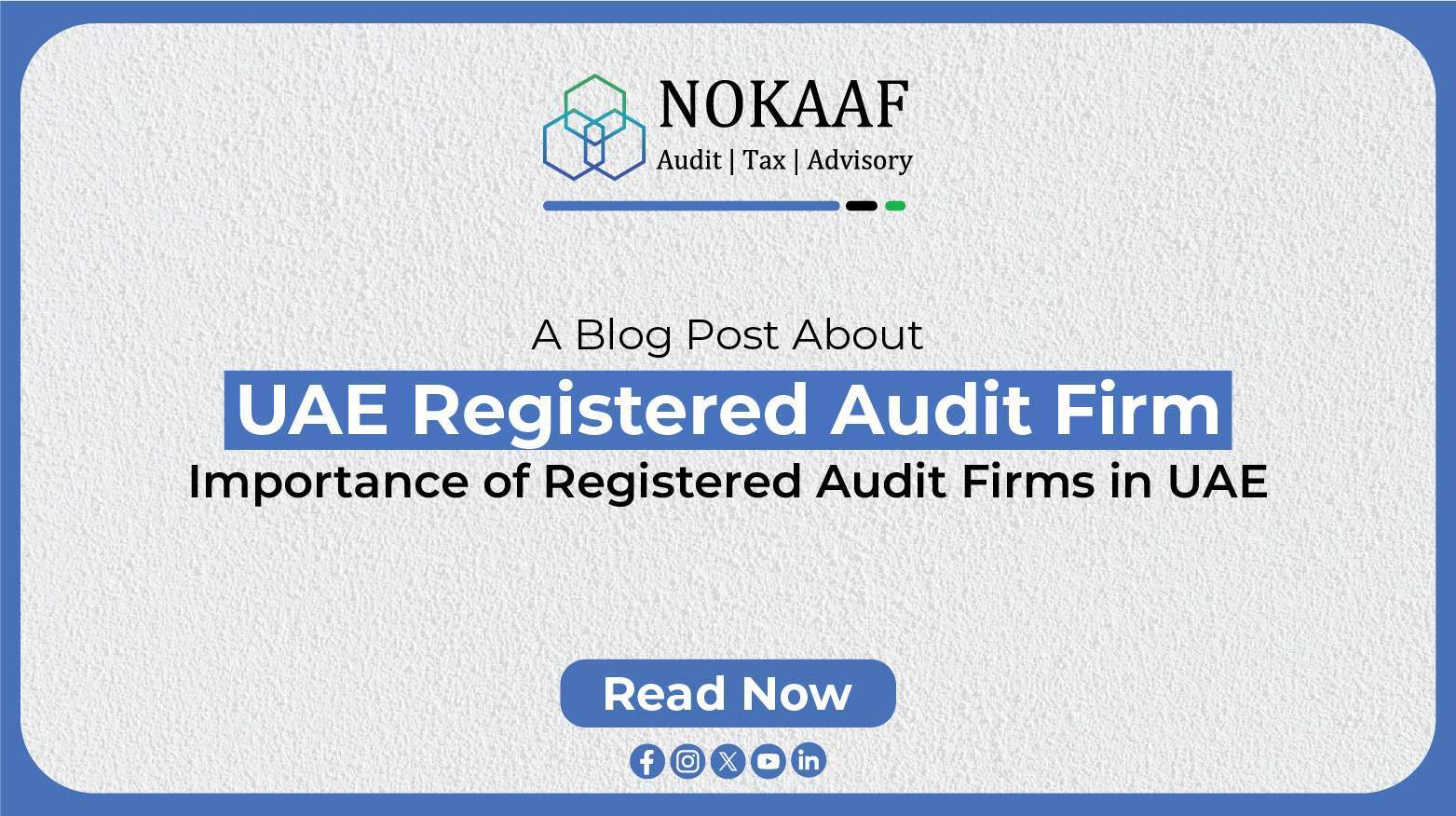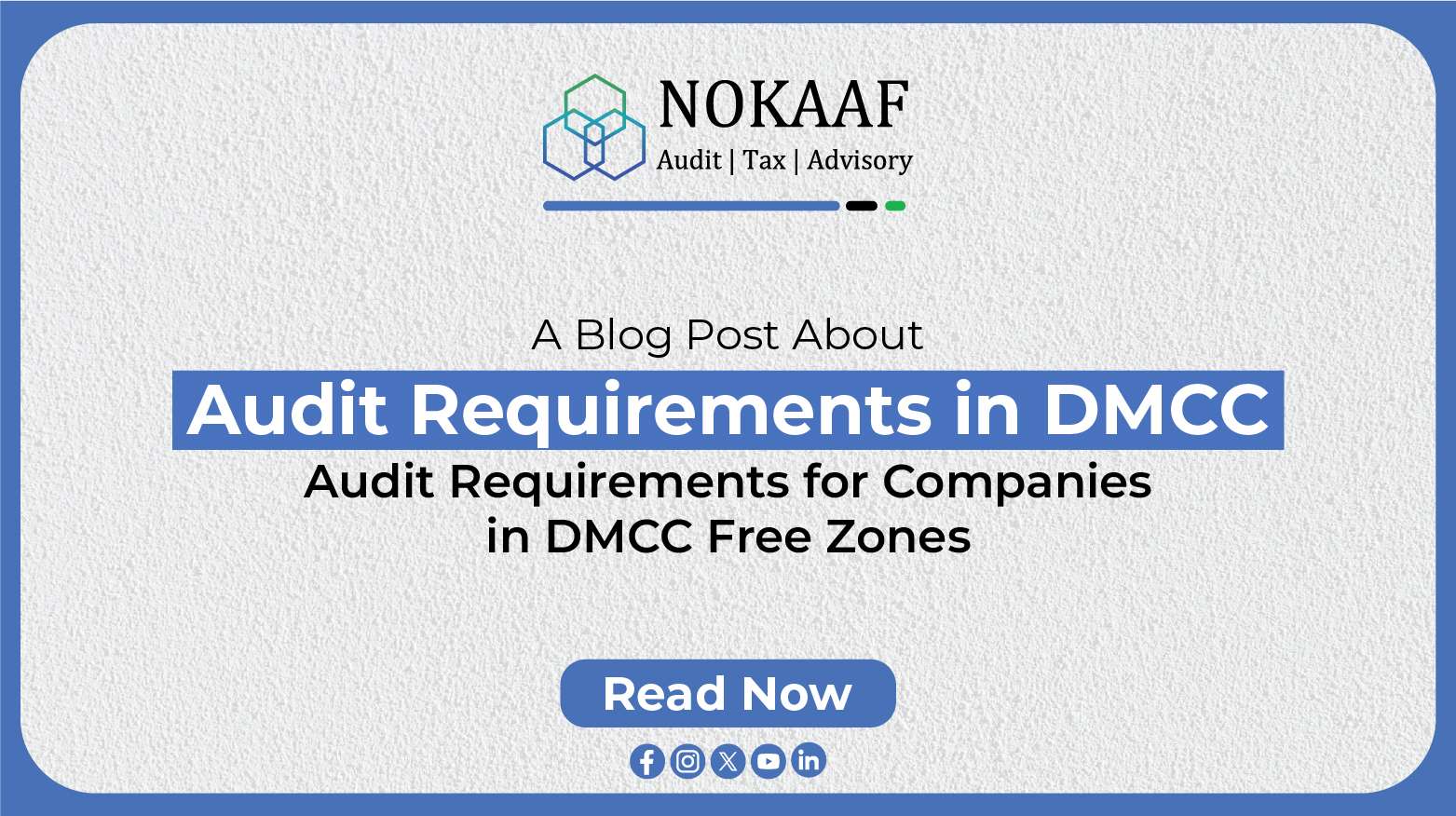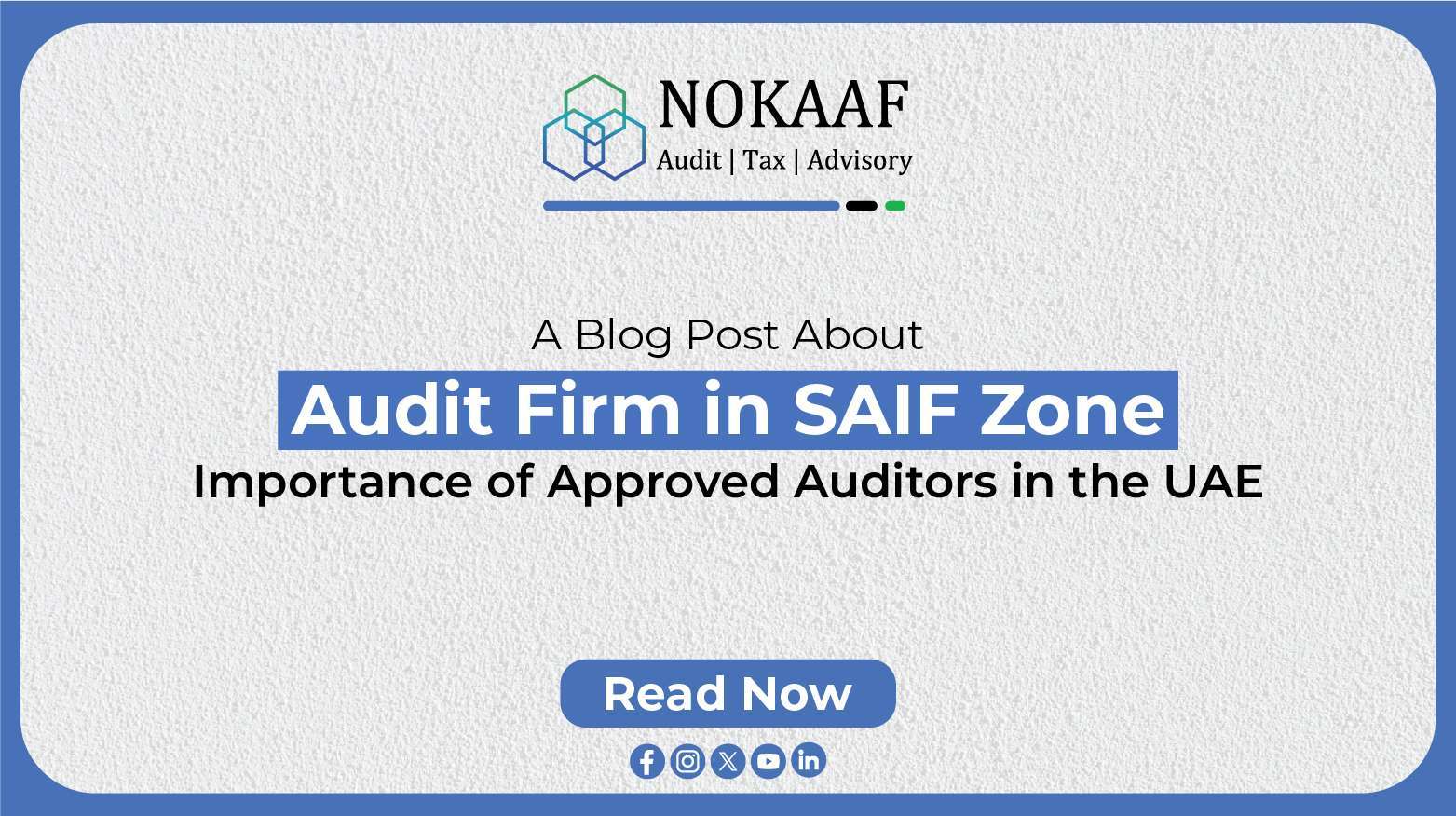Introduction to UAE Corporate Tax
The United Arab Emirates (UAE) has long been known for its favorable business environment, characterized by minimal taxation. However, understanding corporate tax, especially within the context of freezones, is crucial for businesses operating in the region. This article aims to delve into the nuances of UAE corporate tax, particularly focusing on its implications for entities within freezones.
Understanding Freezones in the UAE
What are Freezones?
Freezones in the UAE are designated areas where businesses can operate with significant benefits and exemptions. These zones are designed to attract foreign investment, promote economic diversification, and foster entrepreneurship.
Advantages of Freezones
Freezones offer various advantages such as 100% foreign ownership, repatriation of profits, exemption from import and export duties, and streamlined bureaucratic processes. These incentives make freezones highly attractive for businesses seeking to establish a presence in the UAE.
Taxation Policies in UAE Freezones
Tax Exemptions in Freezones
One of the primary attractions of freezones is the exemption from corporate and personal income taxes for a specified period, typically ranging from 15 to 50 years. This exemption provides businesses with a significant cost advantage and enhances their profitability.
Types of Taxes in Freezones
While freezones offer tax exemptions, businesses may still be subject to certain indirect taxes, such as value-added tax (VAT) on goods and services consumed within the UAE. However, corporate income tax is generally not applicable within freezones.
Overview of Corporate Tax in Freezones
Despite the absence of corporate income tax in freezones, businesses must adhere to certain regulatory frameworks and reporting requirements to maintain their status within these zones. Understanding these regulations is essential for compliance and operational efficiency.
Impact of Corporate Tax in UAE Freezones
Economic Growth and Diversification
The absence of corporate tax in freezones has played a significant role in driving economic growth and diversification in the UAE. It has attracted multinational corporations, fostered innovation, and stimulated job creation, contributing to the country’s overall development.
Foreign Investment Attraction
The tax-free environment in freezones serves as a magnet for foreign investment, drawing companies from around the world to establish their regional headquarters, manufacturing facilities, and distribution centers in the UAE. This influx of foreign capital has bolstered the country’s position as a global business hub.
Recent Developments and Changes in Corporate Taxation
Updates on Tax Regulations
In recent years, there have been updates and amendments to tax regulations in the UAE, including reforms aimed at enhancing transparency, combating tax evasion, and aligning with international standards. These changes underscore the UAE’s commitment to maintaining a robust and sustainable tax framework.
Implications for Businesses
For businesses operating in freezones, staying abreast of these developments is crucial to ensure compliance and mitigate any potential risks or liabilities. It may necessitate adjustments to tax planning strategies and financial reporting practices to align with evolving regulatory requirements.
Strategies for Managing Corporate Tax in Freezones
Tax Planning Techniques
Effective tax planning is essential for businesses to optimize their financial performance while remaining compliant with relevant regulations. This may involve structuring investments, utilizing tax-efficient structures, and leveraging incentives available within freezones.
Legal Compliance and Reporting
Ensuring legal compliance and accurate reporting are paramount for businesses operating in freezones. This entails maintaining detailed records, conducting regular audits, and engaging with tax authorities to address any inquiries or concerns promptly.
Conclusion
Navigating corporate tax within UAE freezones requires a nuanced understanding of regulatory frameworks, tax policies, and compliance requirements. While the absence of corporate income tax presents significant advantages for businesses, it is essential to remain vigilant and proactive in managing tax-related matters. By leveraging tax planning strategies, maintaining legal compliance, and staying informed about regulatory changes, businesses can optimize their operations and maximize their success in the UAE’s dynamic business landscape.
FAQs (Frequently Asked Questions)
Are there any taxes applicable to businesses operating in UAE freezones?
While corporate income tax is generally not applicable within freezones, businesses may be subject to other indirect taxes such as VAT.
How long do tax exemptions typically last for businesses in UAE freezones?
Tax exemptions in freezones often range from 15 to 50 years, depending on the specific freezone and its regulations.
What are some benefits of operating within UAE freezones?
Benefits of operating within UAE freezones include 100% foreign ownership, repatriation of profits, exemption from import/export duties, and streamlined bureaucratic processes.
How can businesses ensure compliance with tax regulations in UAE freezones?
Businesses can ensure compliance by maintaining detailed records, conducting regular audits, and staying informed about regulatory updates.
What role do freezones play in attracting foreign investment to the UAE?
Freezones serve as magnets for foreign investment by offering a tax-free environment, streamlined processes, and attractive incentives for businesses looking to establish a presence in the UAE.





